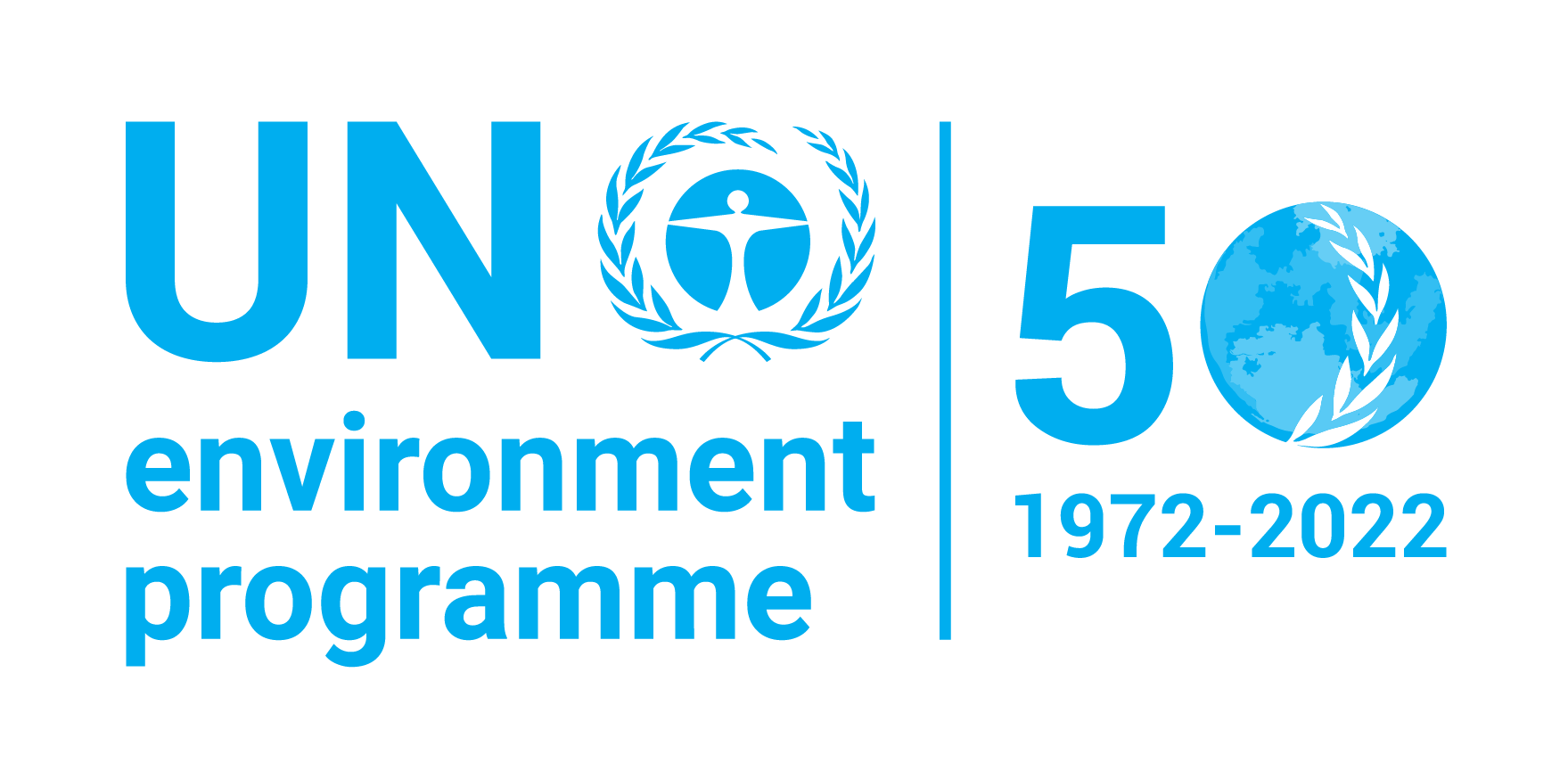| dc.contributor | DEWA | |
| dc.contributor.author | United Nations Environment Programme | |
| dc.date.accessioned | 2016-10-11T20:14:39Z | |
| dc.date.available | 2016-10-11T20:14:39Z | |
| dc.date.issued | 2015 | |
| dc.identifier.isbn | 978-92-807-3465-2 | |
| dc.identifier.other | DEW/1917/nA | |
| dc.identifier.uri | http://hdl.handle.net/20.500.11822/9618 | |
| dc.description | Initiatives which catalyse climate action are now recognised increasingly as playing an important role in mitigating greenhouse gas emissions (GHG) and bridging the global emissions gap. The number and range of these initiatives is growing rapidly. There are several open questions about these initiatives at a global scale, including what contribution they can make to closing the emissions gap, but also what makes a successful initiative and how can this be replicated and scaled up. This paper focuses on the first of these questions. | |
| dc.language | English | |
| dc.publisher | United Nations Environment Programme (UNEP) | |
| dc.rights | Public | en_US |
| dc.subject | Climate Change | |
| dc.subject | Emission Reduction | |
| dc.subject | Greenhouse Gas Emissions | |
| dc.subject | Resource Efficiency | |
| dc.subject | Energy | |
| dc.subject.classification | Climate Change | |
| dc.subject.classification | Resource Efficency | |
| dc.title | Climate Commitments of Subnational Actors and Business: A Quantitative Assessment of their Emission Reduction Impact | |
| dc.type | Reports and Books | |
| wd.identifier.old-id | 11704 | |
| wd.identifier.sdg | SDG 13 - Climate Action | |
| wd.identifier.sdgio | http://purl.unep.org/sdg/SDGIO_00000047 | |


